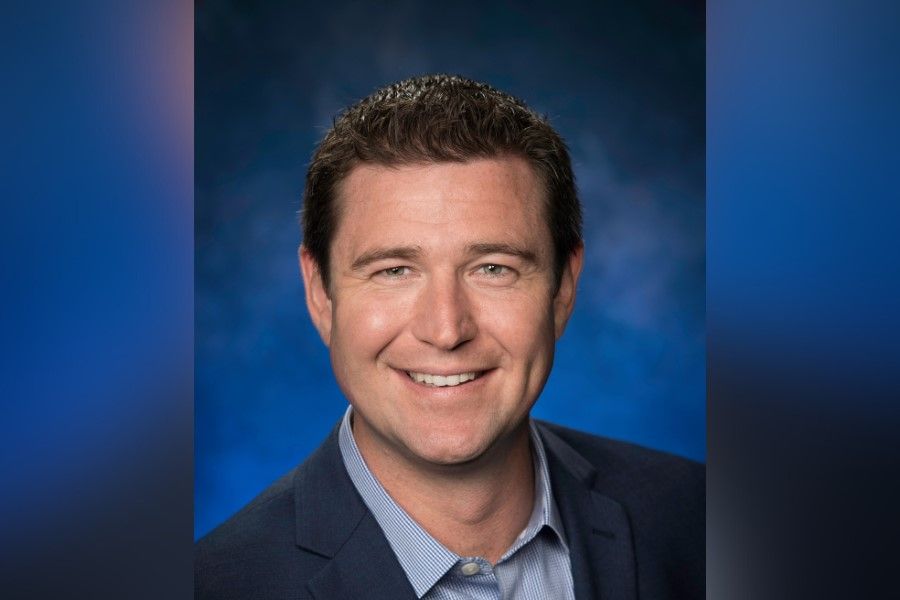Smart data can improve behavior, outcomes for retirement savers
The defined contribution industry, record keepers and advisers alike, must catch up fast.
We have all heard of big data, which the defined contribution industry has not leveraged sufficiently and has gotten a black eye for it. At a recent industry conference, I heard Tina Wilson, senior vice president at MassMutual, mention a new concept that may have far reaching implications for the 401(k) industry: smart data.
Today, the DC industry uses averages to guide plan participants – save 10% to 12%, for example. Target-date funds employ the worst use of averages. Everyone born within a five-year period gets the same asset allocation or risk model.
Tina Wilson quips, “It’s like a cardiologist telling a patient that people around your age have heart problems and then diagnoses treatment.”
Smart data leverages what’s available about a participant on the record-keeping system, which is a good start, then digs deeper into information that Wilson says is readily available about an individual and their families. This includes outside assets, credit card and other debt like student loans, spending habits, health-care data and social media profiles.
BEHAVIORAL CHANGES
Smart data takes this more robust data and then makes recommendations not just about how to manage the retirement plan but also about how to best allocate benefit dollars. Smart data can actually lead to changes in behavior, making financial wellness more than at best a Band-Aid, or at worst a cover-up, by making personal and reasonable recommendations.
MassMutual has created 292 “social economic personas” using MapMyBenefits software to prescribe how employees should use their benefit dollars. Because Social Security will replace such a large percentage of income for lower-wage earners, Wilson states that 40% of people need to save less than the prescribed 10%, for example.
Smart data drives dynamic managed accounts where technology assigns personalized asset allocation models leveraging liability-driven investing (LDI), which are employed by most pension plans, to determine how much risk each individual should take. Envestnet Retirement Solutions, NextCapital, Fidelity Investments and Empower-Retirement are making big bets on dynamic managed accounts.
Most data aggregators rely on screen-scraping technology but according to Wilson, Yodlee – an Envestnet company – is a leader because unlike many competitors, they get permission to access accounts from the host. With heightened concern about cybersecurity, access will only get harder.
We are just at the beginning of major breakthroughs on how to improve outcomes. Huge gains have been made through behavioral finance, deploying auto features as promulgated by newly-minted Nobel Prize winning Professor Richard Thaler from the University of Chicago and Shlomo Benartzi from UCLA. Benartzi urges the 401(k) industry to use more nudging through emails, texts and even personalized videos. All this only gets more effective through the use of smart data, as well as by designing smarter screens to drive better behavior.
IMPEDIMENTS
So what’s holding up smart-data driven innovation?
Record keepers dealing with margin pressure are cutting corners, and are not investing in technology, limiting their ability to produce smart data from the mass of information stored on archaic systems that sometimes are incompatible and hard to extract data from quickly. Some are hoarding the data, trying to leverage it for only themselves.
Advisers need to embrace change as well by moving beyond target-date funds to dynamically managed accounts, as well as by looking at total benefits.
While Health Savings Accounts are the hot topic of the 401(k) industry, the reality is that few retirement plan advisers use or advocate for them because HSAs are outside their comfort zone. Wilson of MassMutual admits that uptake of their private exchange, which allows employees to buy all benefits in one place, has been slow as many advisers, who are not from the benefit world, are intimidated.
With the data and technology readily available, it seems obvious that the defined contribution industry and retirement plan advisers should be advocating for the use of smart data.
Fred Barstein is the founder and CEO of The Retirement Advisor University and The Plan Sponsor University. He is also a contributing editor for InvestmentNews’ Retirement Plan Adviser newsletter.
Learn more about reprints and licensing for this article.








